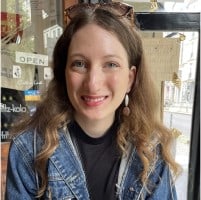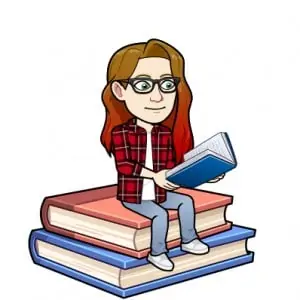Why Philosophy?
From logic, rhetoric, and reasoning, to morality and ethics, to politics and education, philosophy impacts and informs just about every other field of study. Philosophy is too often taught as the ideas of a few men who lived thousands of years ago, but those ideas are still relevant today and have impacted the course of human history. From the words we choose to how we judge right and wrong, philosophy is everywhere!










